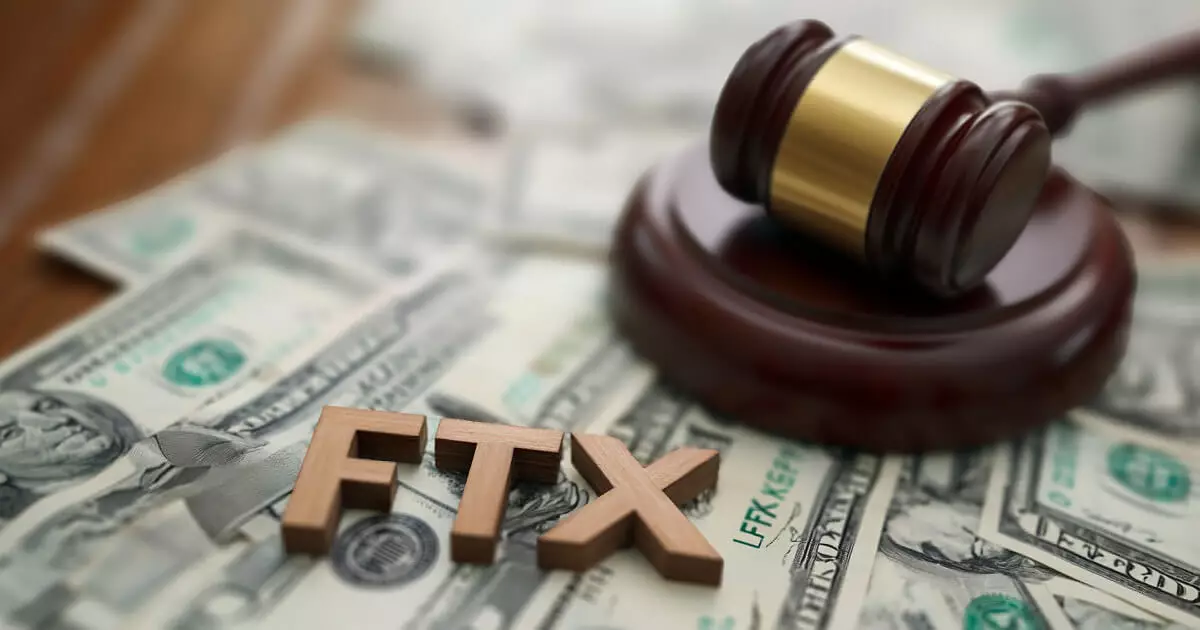The recent filing by the US Securities and Exchange Commission (SEC) expressing concerns over the proposed repayment strategy in the ongoing FTX bankruptcy case has sparked controversy within the industry. The plan, which involves repaying creditors through stablecoins or other digital assets, has raised questions about the legality of such transactions under federal securities laws. This move could potentially prolong the already complex bankruptcy process, adding a layer of uncertainty for all parties involved.
In an Aug. 30 court filing, the SEC made it clear that while it is not giving a definitive legal opinion on the use of stablecoins for creditor repayments, it reserves the right to challenge these transactions in the future. This has put FTX’s repayment strategy under scrutiny and has raised concerns about the potential impact on the bankruptcy proceedings. The SEC also requested the removal of a discharge provision from FTX’s Chapter 11 Plan, arguing that it could hinder full accountability in the bankruptcy process.
The SEC’s approach in the FTX case has not been well-received within the industry, with many criticizing the regulator for lack of clarity and transparency. Coinbase chief legal officer Paul Grewal publicly criticized the SEC’s actions, pointing out the uncertainty created by the regulator’s reservations. This lack of clarity could lead to unnecessary delays in the bankruptcy proceedings, further complicating the situation for creditors and other stakeholders.
The SEC’s reservations regarding the use of stablecoins in creditor repayments have raised broader questions about the regulatory treatment of digital assets. There is an ongoing debate about whether stablecoins should be considered securities under federal law, and the outcome of the FTX case could set a precedent for future similar cases. If the SEC were to challenge FTX’s use of stablecoins successfully, it could have far-reaching implications for other companies and creditors involved in bankruptcy proceedings.
The SEC’s concerns over FTX’s bankruptcy plan have highlighted the challenges and uncertainties surrounding the use of stablecoins in creditor repayments. The regulator’s reservations could lead to prolonged delays in the bankruptcy proceedings, causing further financial hardship for creditors. The outcome of the FTX case will likely have a significant impact on how digital assets are treated under federal securities laws, setting a precedent for future cases in the crypto industry.


Leave a Reply